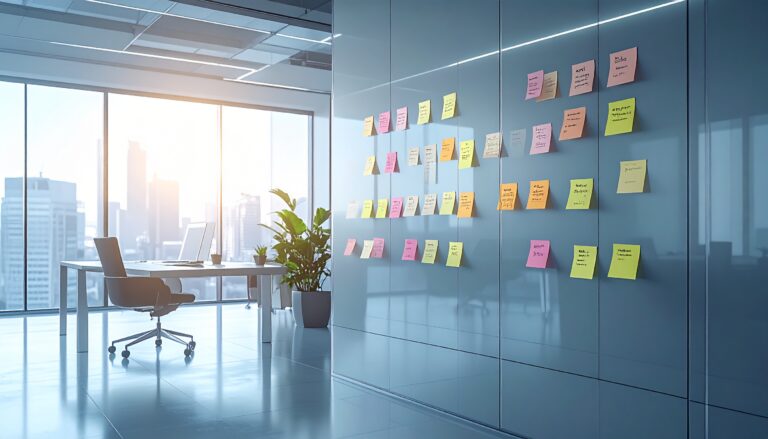The notion that we are products of our environment is our greatest sin; we are products of our choices.
Margaret Mead
Culture is the product of human collectivity. It is made up of a system of meanings that guides and informs our actions. Hence, it is shared among the members of a particular society. Cultures are not fixed; they undergo transformations and changes over time.
Our experience with the pandemic started a process of transformation that is going to shape new behaviors, values, and visions. One of the main lessons to be learned from these difficult recent times is how hard it is to live in isolation and how comforting it is to find connection with others. We’ve probably rediscovered the need to reach out, to be empathetic in our everyday relations. We learned that there is more depth behind the surface.
Changes brought about by these troubled times have created an impact on our businesses and professional lives, not just our personal lives. Many of us have rediscovered the need to exchange ideas and get together with our colleagues—even if just on Zoom. By looking at each other’s personal spaces, we’ve developed a curiosity about their lives outside of the office. Maybe there has been a chance during one of those calls to meet the children, spouses, or even pets of the people with whom we used to share a communal space for many hours a day. The pandemic has brought a human dimension that was perhaps absent in our busy lives.
The culture that the pandemic brought forth can be taken as a wake-up call. It forces us to reflect on our wants and what really matters. Since cultures change in spurts and idiosyncratically, we need to look at one factor at a time, reflect upon one change in relation to others, holistically. Any one change will upset a previously reached balance and trigger others that, in turn, cause more change, until we find ourselves living in a new reality. Like a perfectly straight shot down the center of a bowling alley lane, this pandemic has the potential to knock down pin after pin until this new landscape emerges. It would be savvy in this climate to harness a newly found empathy to the environment and to the people who we never realized before how important it is in order to keep our lives going, and whose important roles in our lives we took for granted. Changes open new perspectives.
Let’s try to infuse empathy into our businesses, not only in the way we relate to people, but also in the way we do research, and we think of our purpose. Let’s focus our attention on the needs of our future and infuse research with “human” insights. Let’s spend time and reflect on the changes that we’ve noticed in our professional and personal lives and use them as a moment to create change, to innovate. Let’s connect the dots and consciously plan our future. Let’s take insights and make them live with real people’s stories. Let’s give ourselves time for the changes, for the transformation, to settle in and make treasure of our learnings.
It is now time to assess and appreciate the complexity of culture, the realization that all the parts are interrelated and that one change triggers a ripple effect. In sum, like an organization made by many parts and people, culture is like a setting that holds a diamond. The better we know its elements, the more efficiently we can innovate and create a future that is not just a copy of what we had, but a new proposition—something better than before, because it incorporates the past and merges it with today’s requirements. We need to understand the roots of changes in order to plan our future. We have learned we can’t control the world around us, because we are a product of it. But we can control how we respond to the world. It takes awareness and courage to synthesize new values with the old to reinvent ourselves – to surrender to what is around us and emerge changed, as if wearing a new skin.





